We consider our pets to be an important part of our family. That’s why it’s vital for us to understand where our pets come from.
While pedigree pets look cute and adorable at first glance, many of these puppies for sale come from breeders who force dogs to reproduce just to make a profit from selling their pups. Here’s why you should never buy animals from puppy mills, breeders or pet stores:
Selling animals is a cruel, inhumane practice
The most well-known illegal and irresponsible breeding practices are puppy mills and backyard breeding. These involve small to large, inhumane breeding operations that often force dozens, even hundreds of dogs into small crates, cages or rooms their entire lives just for the sake of reproduction. These animals get no love, exercise, medical care or even proper food and water.
The conditions of these places and animals are inhumanely filthy and sickening, and should not be supported at any cost. The dogs are heartlessly held captive, ed crammed into inhumane hoarding facilities, and exploited to make as many puppies as possible for the breeders to sell before they dispose of the dogs.
Illegal breeding of animals is not only harmful to them, it’s also killing them
Dogs and puppies at breeding facilities never get the chance to experience and enjoy toys, treats, or socialisation with people and other animals. They are kept caged, in constant isolation, never experiencing the affection of a loving family. The obsession with “purebred” puppies leads to inbreeding. All of these issues — isolation, lack of socialisation and the process of inbreeding leads to numerous health hazards in puppies sold by breeders.
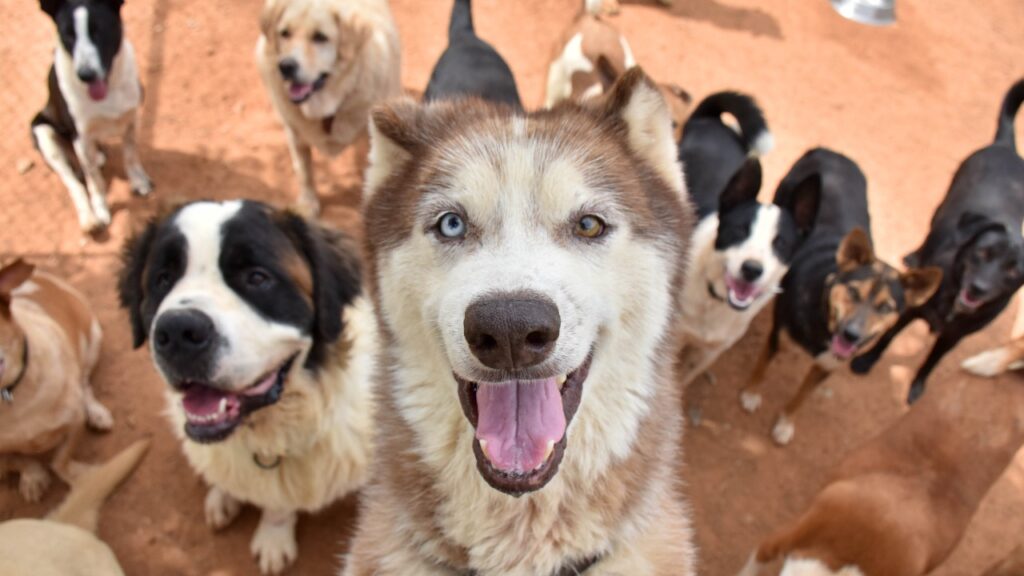
They suffer from health issues such as hip dysplasia, deafness, heart defects, cancer, skin allergies, blindness, epilepsy and even behavioural problems (aggression/nervousness).
These puppies are transported illegally across countries to be sold. Therefore, they are also at risk of being exposed to numerous infections or diseases that often lead to early death, unbeknownst to the naive pet parents who buy them without thoroughly looking into their backgrounds.
Breeding only fuels the overpopulation crisis
Millions of cats and dogs continue to suffer from homelessness and abandonment, and the numbers only keep increasing as breeders continue to add to the animal overpopulation crisis.
The animals sold by these irresponsible and cruel breeders are often not neutered or spayed, leading to a high possibility of further breeding and increase in population.
You’re snatching away a shelter animal’s chance of gaining a loving home
Every time you buy a pet, another dog or cat in the shelter will die. Many of these animals in shelters are abandoned by their owners and are in desperate need of a new home. By buying a pet from breeders, this heartbreaking cycle only repeats itself. Buying from breeders and pet stores destroys a shelter dog’s only chance of living and experiencing being a part of a loving family. Animals in shelters are dying every day due to lack of good homes. The only humane solution to this crisis is to fight breeding practices and make adopting from shelters the norm.
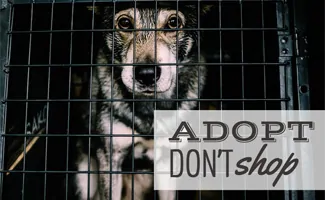
Everytime you save a shelter animal, you also open up space for another animal to find a home. Please remember to Adopt, Don’t Shop!
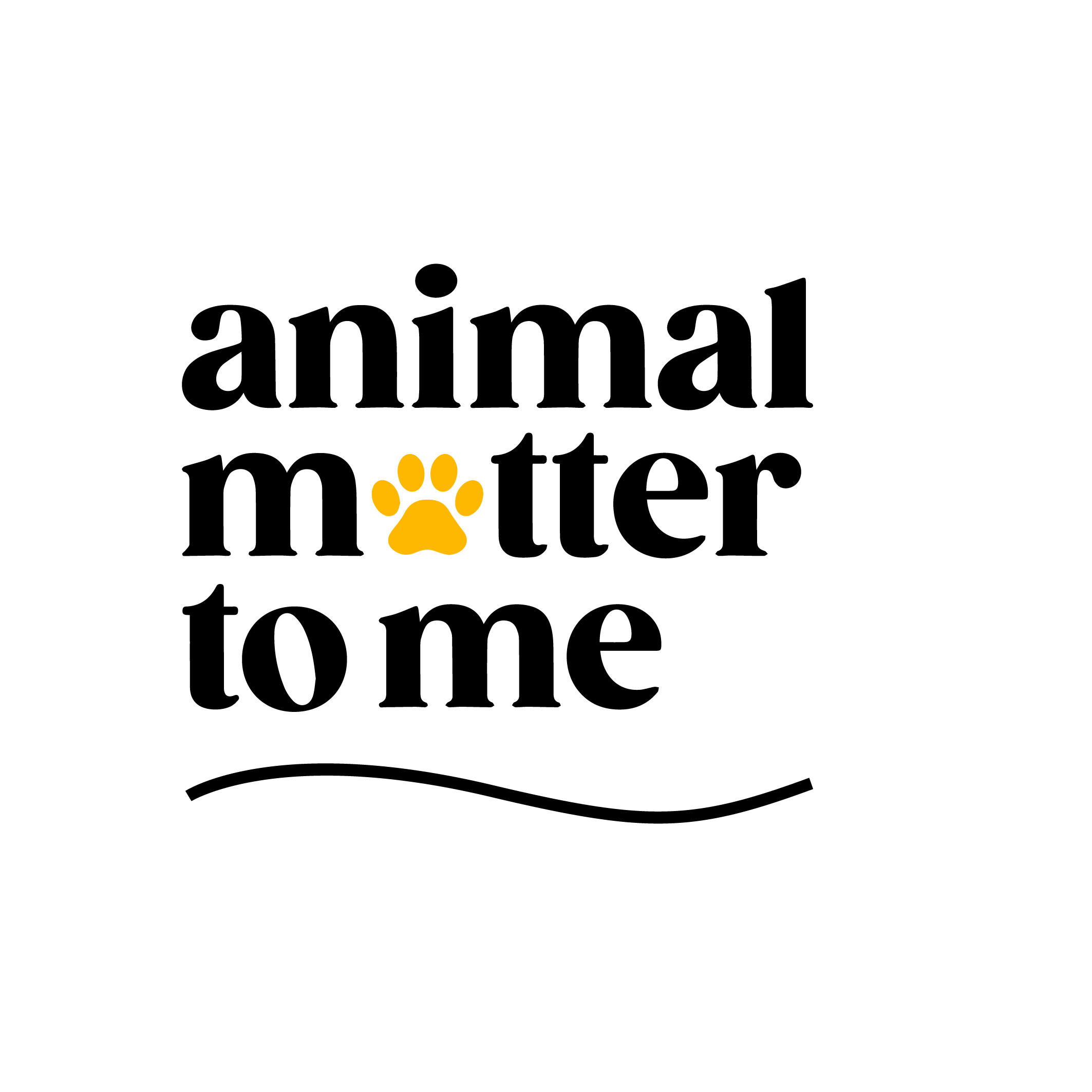
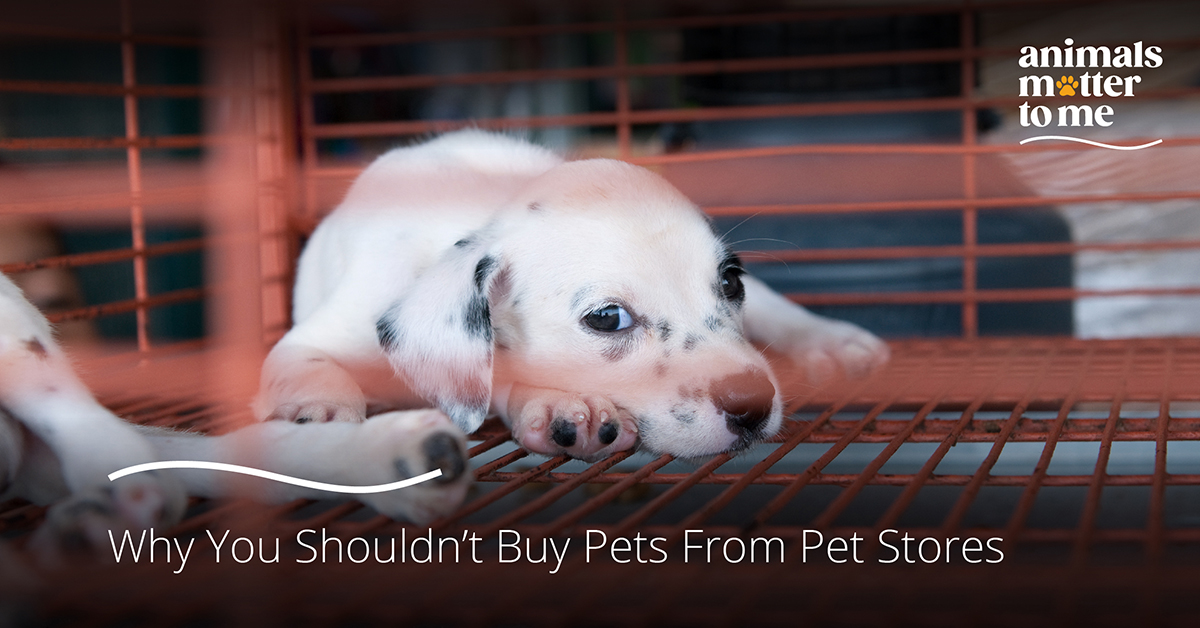
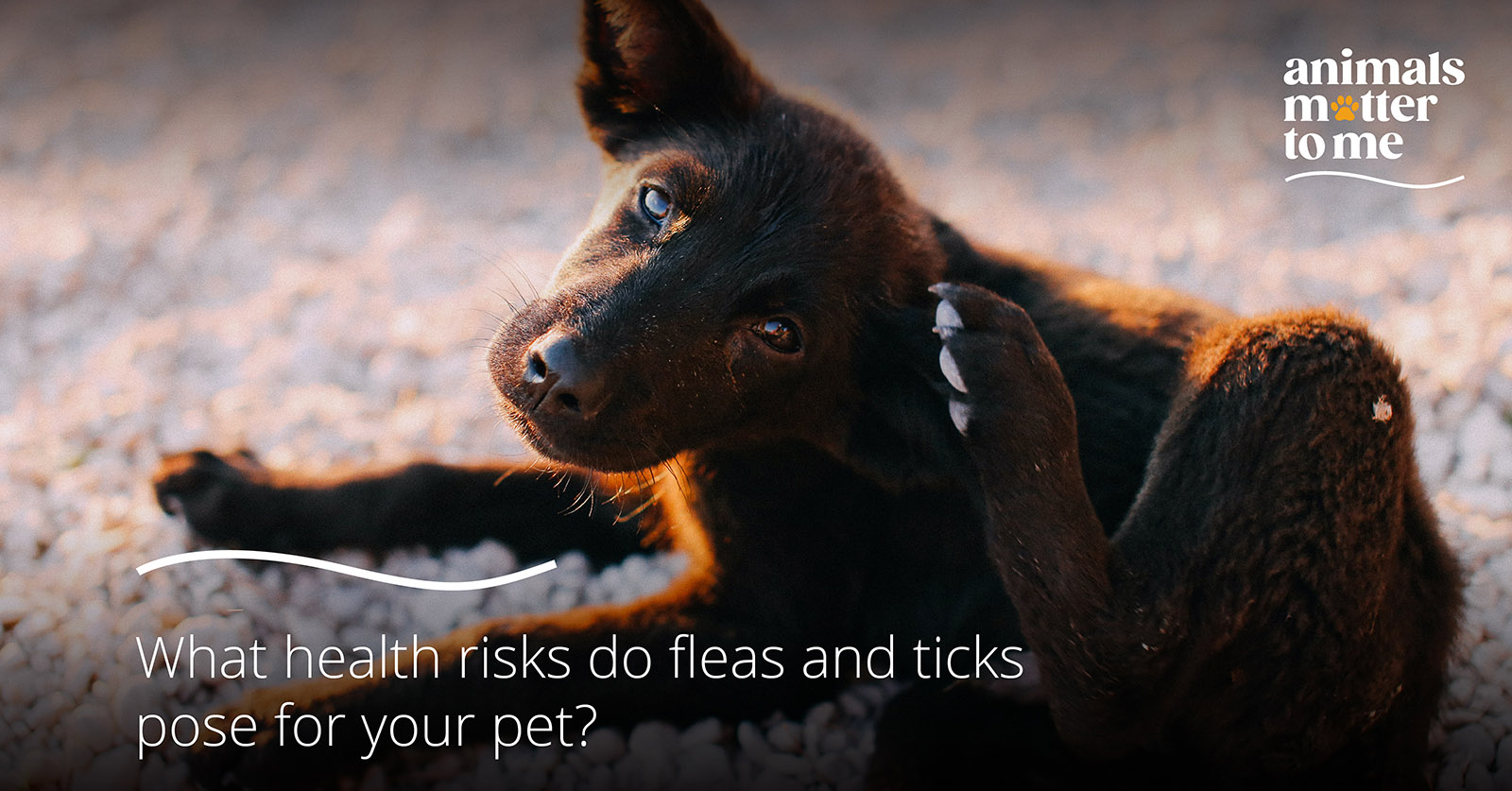
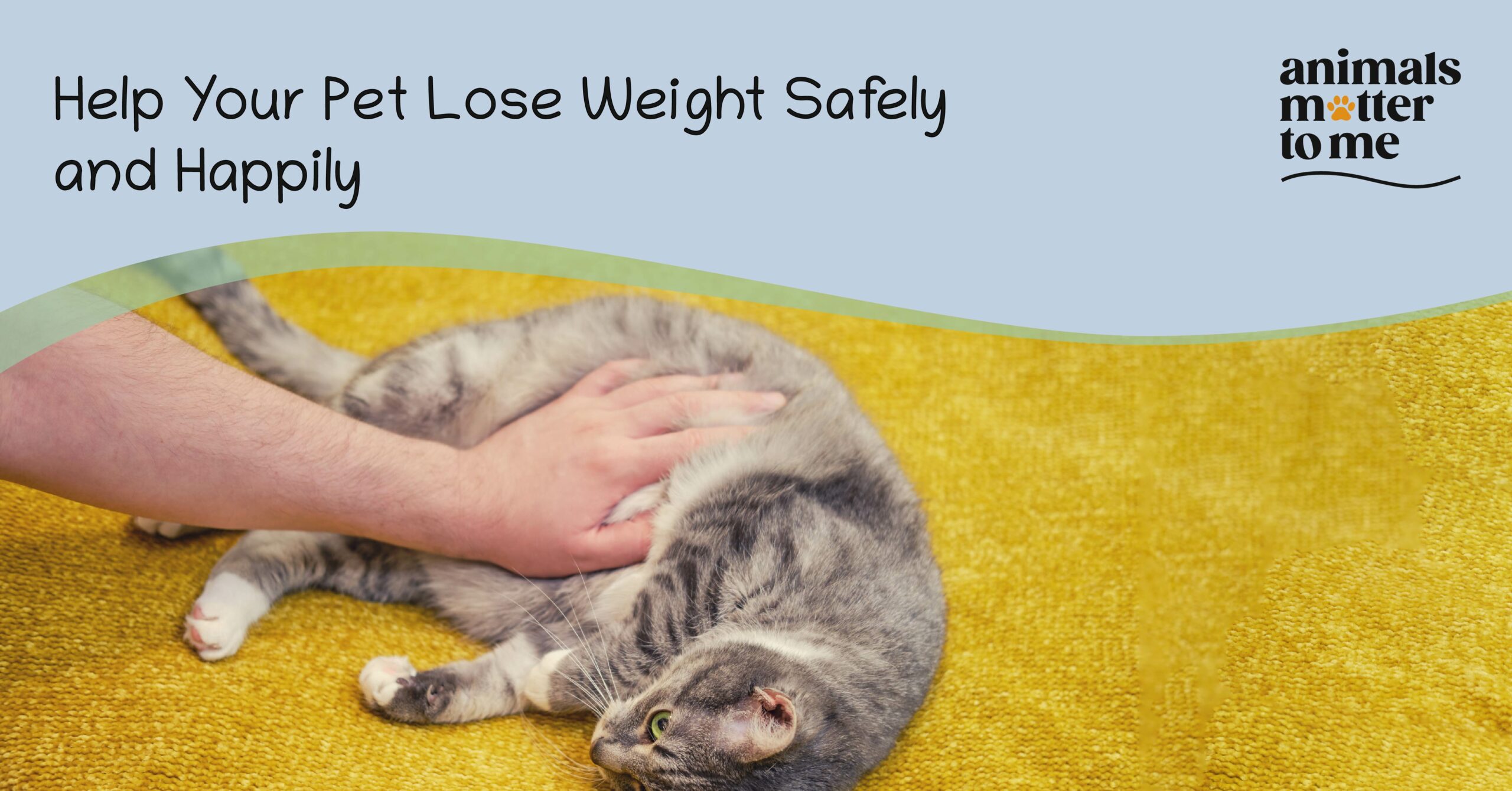

One Response
What happens to all the breeding “mills” you find that run illegally or maybe treat animals badly ??